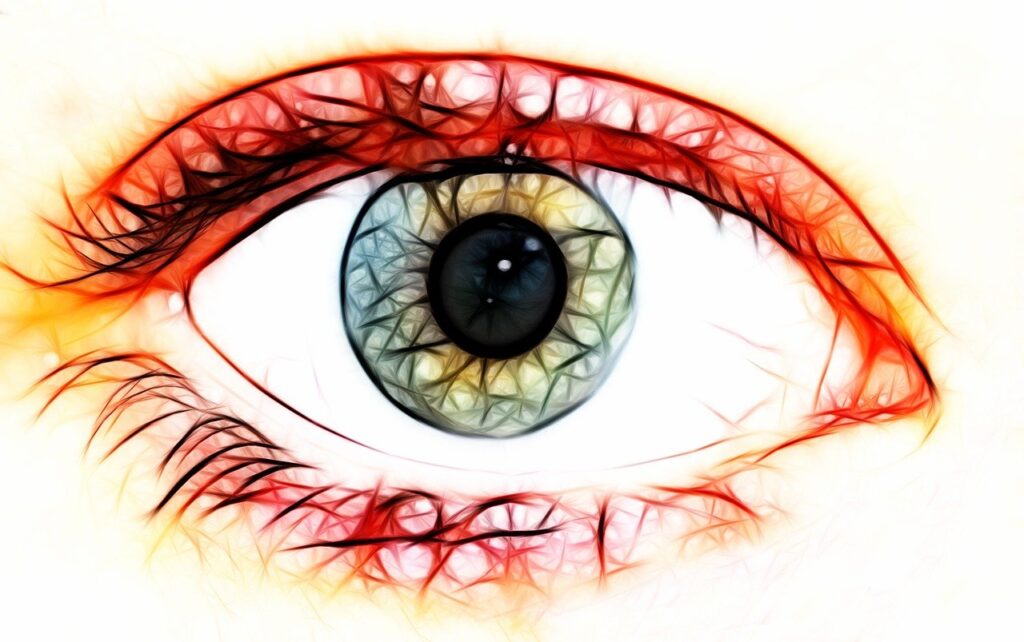Sleep and Stress – Part 2
In Sleep and Stress – Part 1 I talked about how important sleep is to restoring and repairing our bodies, and why we should devote ourselves to optimal sleeping in the best ways we can.
Our bodies are designed to be active during the day and rest at night. Our modern lifestyle keeps us up because there’s so much to do, from unending stimulation from lighted screens once the sun goes down. And those Outlook notifications. Do you answer email all day long and into the evening? Those little “dings” can disrupt our attention and put us on constant alert. Which means it never stops. Unless YOU stop it.
What’s a body to do?
Create a pre-sleep ritual.
You may have heard the often given advice to switch off screens an hour before bed. There’s a reason for it! Melatonin is a sleep-promoting hormone made by the pineal gland deep in the brain. Sensors in our suprachiasmatic nucleus near our optic nerves tell the brain when it is dark. As night falls, melatonin levels go up, and as it accumulates, we feel sleepy and ready for bed. If you sit close to a lighted screen in a bright room, those melatonin levels may not go as high and you won’t feel sleepy. And there seems to be a perfect window for starting sleep between 10-11 pm. If you stay up past 11 pm, it’s likely you’ll feel a boost of energy, which can encourage you to stay up even later. Experts believe that every hour you sleep before midnight is worth two hours afterward.
Caffeine also gets in the way of sleep because it blocks a compound called adenosine which accumulates over the day. As levels of adenosine rise, we get sleepy. Now some of us can metabolize caffeine quickly so it doesn’t get in the way, but others don’t, and even a small amount of caffeine that you drank early in the day can interfere if it hangs out in the body a long time. That’s why one friend can drink a cup of caffeinated coffee at 8 pm and go right to sleep, but another is up for hours.
And what about hormones? Can they interfere with sleep? You bet! Women with fluctuating hormones in their 40’s (called perimenopause), and women going through menopause (naturally or due to a medical condition) may notice sleeping problems. If you have too high or too low thyroid that can disrupt sleep. In general, as we age, our ability to sleep soundly and for sustained periods is affected. But some of these things you actually can control, like the stress hormones that can stimulate the nervous system and create hot flashes. Soothing music, guided meditation, a warm bath (or cold shower!), and gentle yoga can bring down stress hormones.
These are some of the reasons why to create a sleep-supporting ritual. You can make a difference by switching off the lights (including screens) early, limiting caffeine and stimulating activities (like late afternoon or early evening intense exercise) and creating a calming environment in which to rest. Some people even set an alarm on their phones to remind them to get into bed. The brain loves a routine, and once you begin to support a healthier sleep environment, it will become a helpful habit.
Sleep is a cornerstone of deep health. Nurture it, support it, prioritize it.
What are some things that you know interfere with your sleep? What is one small step you may be able to do to support a good night’s sleep tonight?
Want support? Get in touch with me. Wellness coaching supports you in making the changes YOU want to see in your life.
By Tammy Jett-Parmer PA-C


